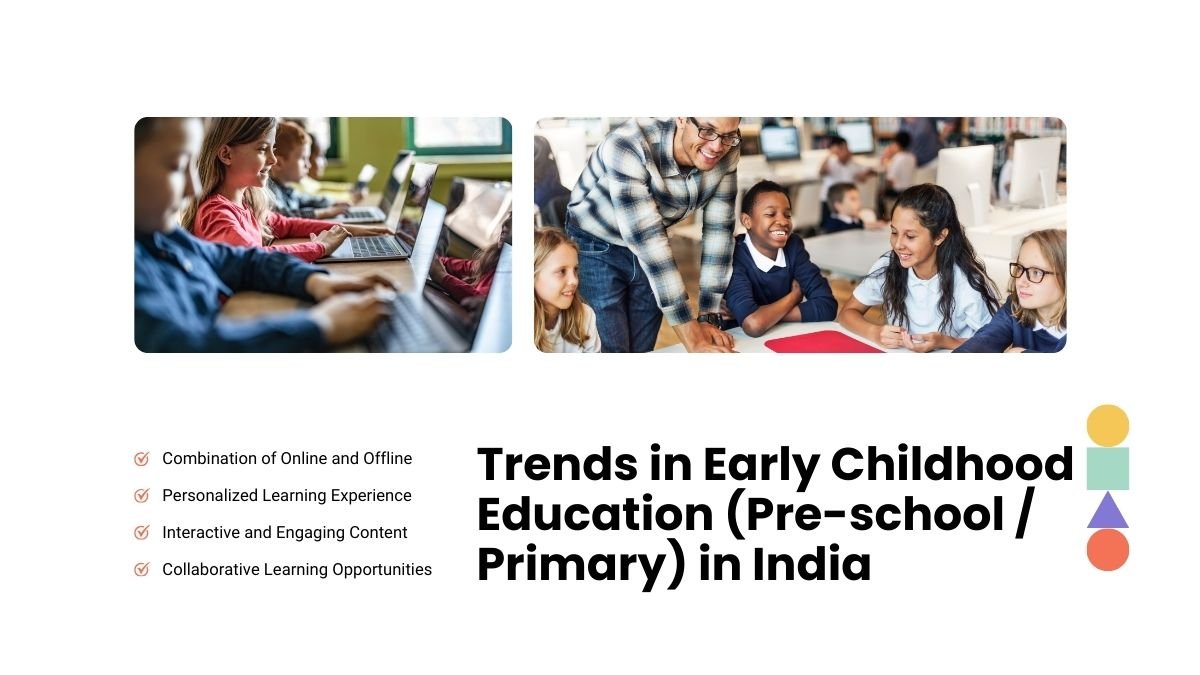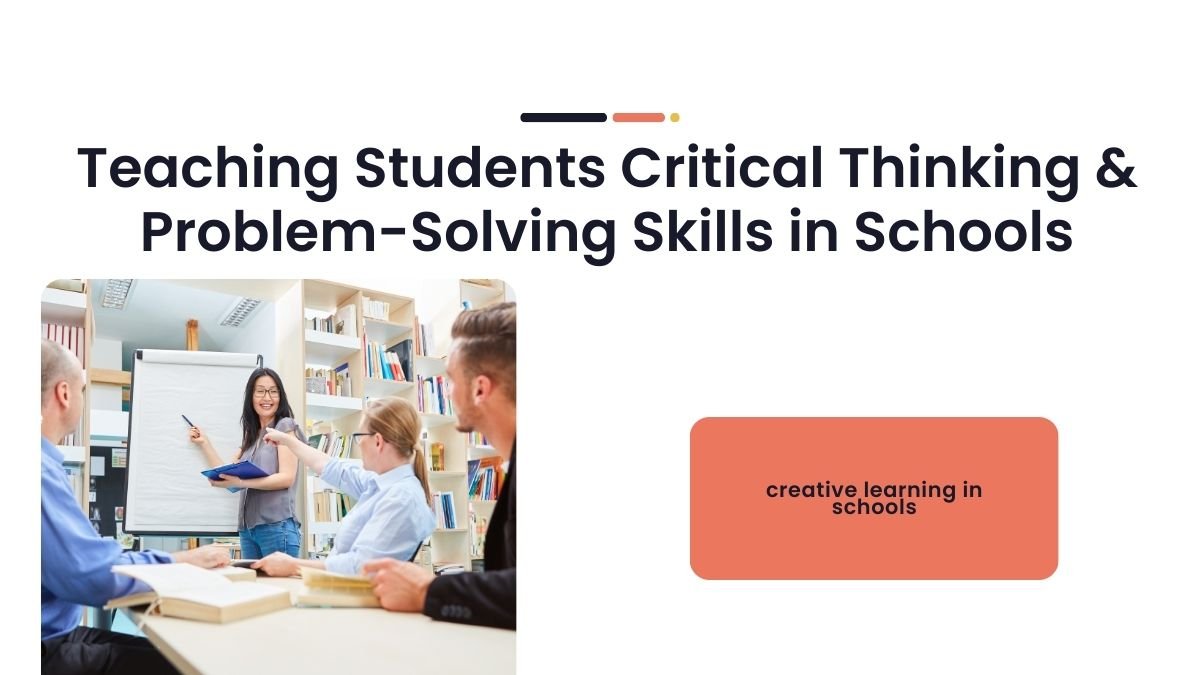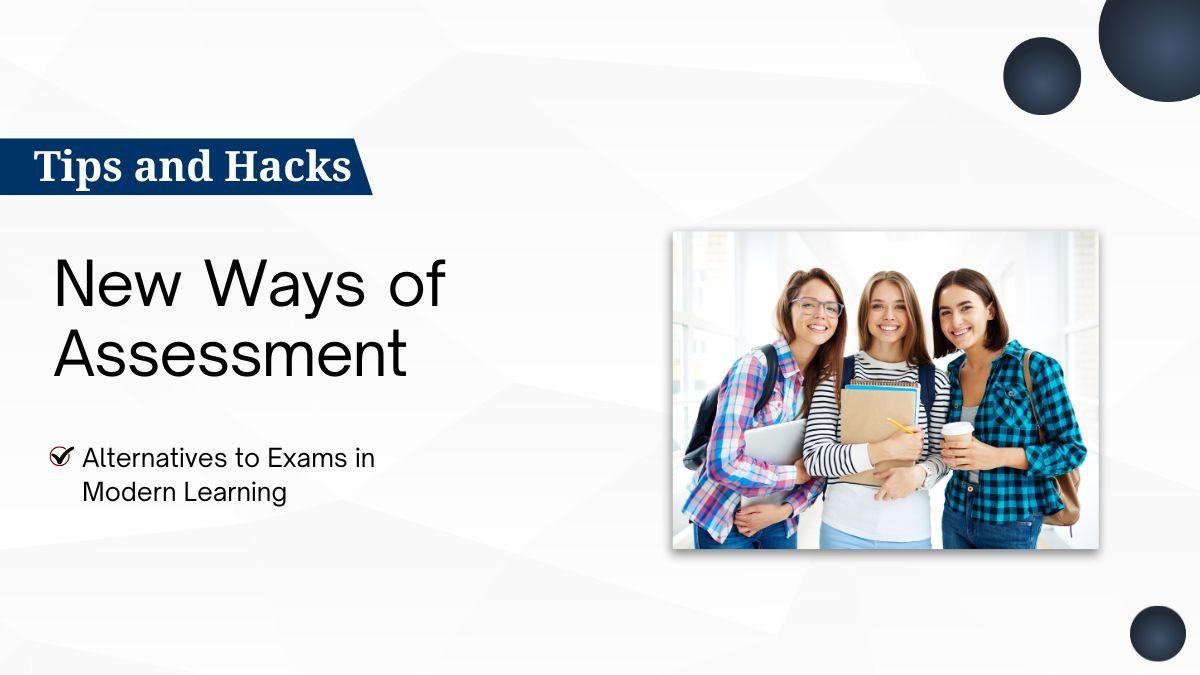Today in India, the Trends in Early Childhood Education Play
Since its inception, Early Childhood Education in India has rippled through profound changes. Phonetics learning has long been supplanted, and emphasis centers around characteristics of holistic and play-based learning with a view of children’s overall growth.
Indeed, Social-Emotional Learning, STEM/STEAM teaching, nature-based learning, multilingual education, and parent and community involvement are becoming more equipped to be imbibed across schools and pre-primary institutions.
The National Education Policy 2020 has played an important role in the advancement of this change with particular emphasis on foundational years for children aged 3-8 years.
Key Trends
1. Holistic & Play-Based Learning
Children learn best through play and manipulative activities.
In fact, therefore, rote learning is not given much importance now.
For example, learning numbers or letters with colored blocks or through play is far more effective than simply memorizing them.
This indirectly nurtures creativity, problem solving, and confidence in the children.
2. Social-Emotional Learning (SEL)
Schools are now focusing on the emotional intelligence of children, self-regulation, and relationship-building.
For example: Sharing, cooperation, and learning to feel and express emotions during group play.
SEL helps a child to promote positive behavior, empathy, and social skills.
3. Inclusion of STEM/STEAM
Science and technology, engineering, arts, and mathematics are integrated into early education.
This promotes wonders, fosters creativity, and teaches problem-solving skills to children.
For example: Simple robotics projects, math concepts from colors and shapes, science experiments, and so on.
4. Integrating Technology into Learning
Digital tools, proper learning apps, whiteboards-aided learning, and parent curriculum collaboration are being used by students and teachers.
It makes learning fun and interactive.
Example: Students play at home and the teachers monitor the progress through these apps.
5. Nature-Based & Outdoor Learning
Children have become more connected to nature through outdoor play and earth-friendly activities.
For example: Planting in the garden, soil and water play, animal and bird watching.
It involves awareness of the environment along with physical development.
6. Multilingualism in the Education System
Exposing children to several languages while they are young amplifies their cognitive development.
In addition, it permits them to develop an understanding of different cultures and broaden perspective of the world.
For example, Hindi, English, and regional languages taught through games and stories.
7. Teacher Training
Providing special training to teachers to meet the needs of modern education.
Game-based learning, digital tools, and SEL techniques are among the subjects taught to students.
8. Parental Integration
Encourage the active participation of parents within the educational setting.
Parents get updates on birth activities and general monitoring of progress through apps or meetings.
Their support naturally promotes a more positive and constructive learning experience.
9. Inclusive Education
Targeting the same pool of opportunities for children from a totally different setting and abilities.
For example: Modified play, curriculum, and activities for special-needs children.
The NEP 2020 is triggering the change.
This National Education Policy 2020 particularly focuses on Early Childhood Care and Education.
It does surely define the foundation stage for all children from three to eight years.
Its goal is to solidly lay down the foundations for holistic development; hence, increased enrollment at any pre-primary school, whether government or private.
Such early learning under NEP 2020 is merged with mainstream education in providing the required strength to potentially give a better future study.
Conclusion
Presently, early childhood education within India has now gone beyond rote learning into play-based holistic technology-enabled honing of education.
- Children: through play, experience, and SEL, creativeness, emotional, and cognitive development.
- Teachers: more effective balanced realm instructions facilitated through training and digital tools.
- For Family and Society: active participation past inclusive.
Fundamentally, this makes early education now molded, inclusive, and future-ready for India.









